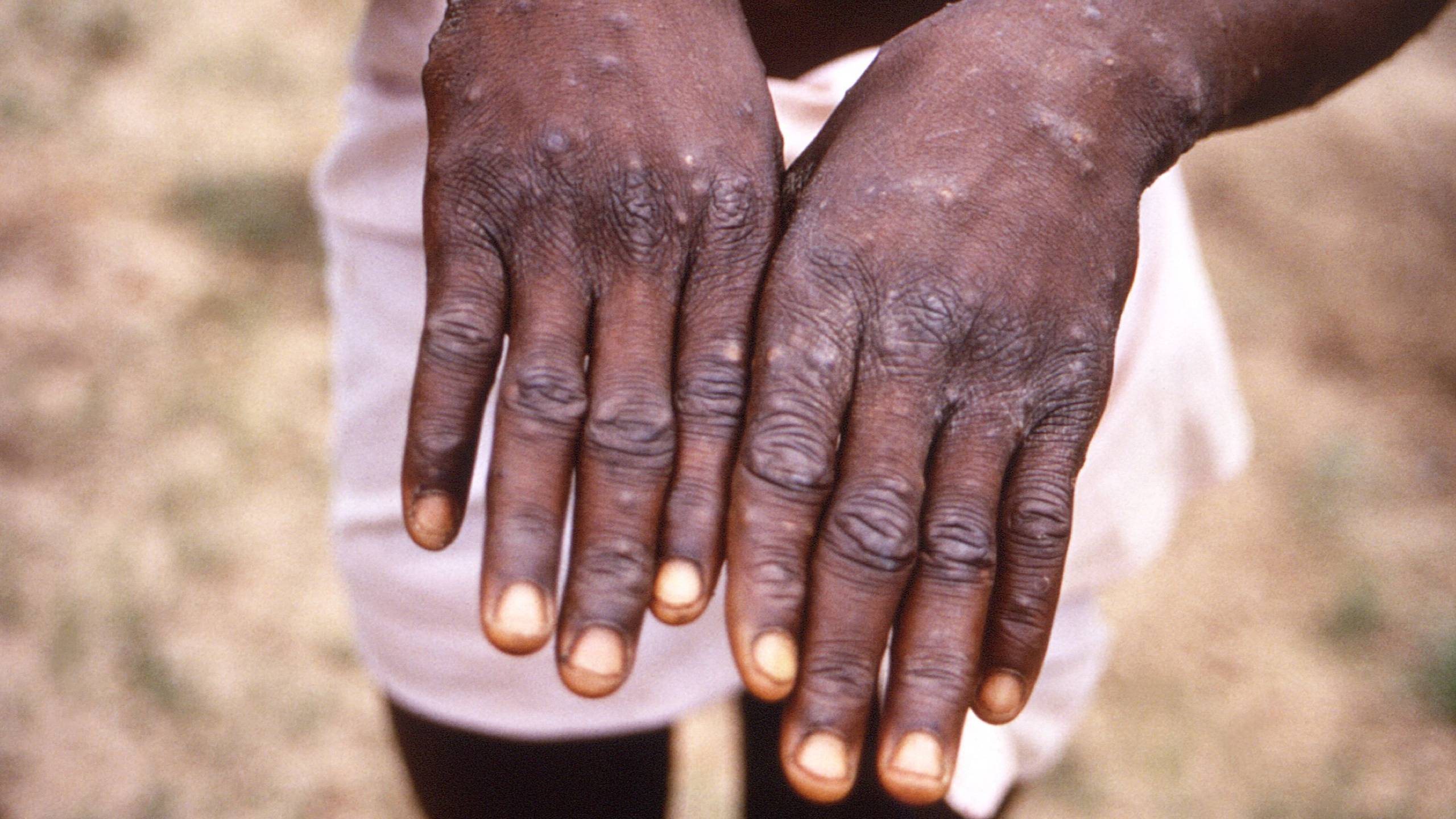Parts of the world are currently facing monkeypox infections. After cases in the United States, Spain and Great Britain, among others, cases have also occurred in France, Belgium, Germany and Australia. Rakesh Gajadhar Sukul, Director of Public Health, indicates when asked that no reports or reports of infections have been received in Suriname.
This viral infection was first identified in monkeys in 1958. The virus is a zoonosis, which means it can pass from animals to humans. Monkeypox was first identified in humans in 1970 in the Democratic Republic of the Congo. Contrary to what the name suggests, the virus is mainly transmitted by rodents.
Director Gajadhar Sukul says that Surinamese doctors have not made any reports of the infectious disease. “Even at the Bureau of Public Health (BOG) those responsible have not received any reports. As the Ministry of Health, we remain alert and ask for information from the institutions that have to report to us about skin rashes and all other symptoms,” says the department director. Should the disease make its appearance in Suriname, Gajadhar Sukul hopes that there will be no explosive outbreak.
The official notes that practical experience has shown that these viral infections are accompanied by skin rashes. The virus can also be transmitted very easily. “It will be a challenge for doctors to take preventive actions. The design of outpatient clinics will also have to be different,” says the department director, who further emphasizes that society must be well informed.
In the past there have been outbreaks of various types of smallpox in Suriname; it now needs to be analyzed to what extent there is immunity in the community. The Ministry of Health will sit down with various actors to formulate prevention policy.
–

